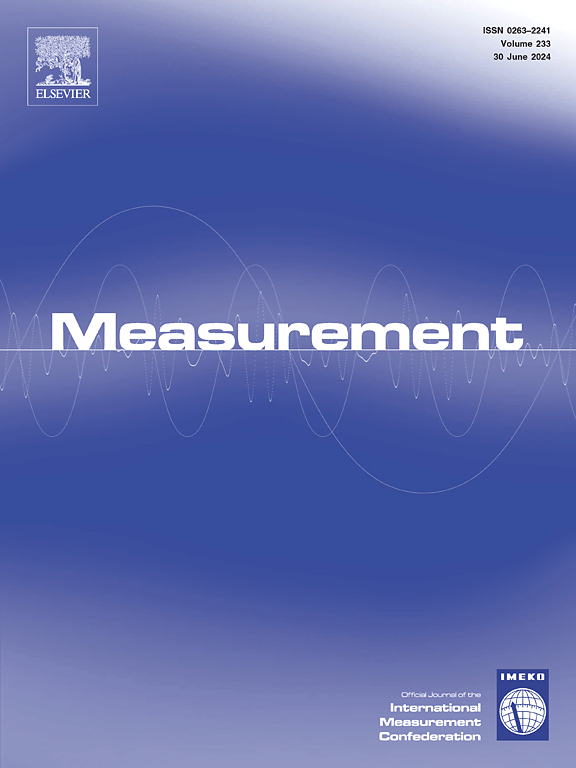Indirect determination of yield strength gradient from shot peening residual stress response and its application to predicting high-cycle fatigue relaxation
IF 5.6
2区 工程技术
Q1 ENGINEERING, MULTIDISCIPLINARY
引用次数: 0
Abstract
Shot peening significantly enhances the fatigue resistance of engineering components by introducing compressive residual stress (CRS) fields into the material surface layers. However, the relaxation of residual stresses under cyclic loading critically undermines the accuracy of fatigue life predictions. Existing predictive models predominantly rely on empirical formulas and extensive experimental data fitting, which neither elucidate the mechanical essence of stress relaxation nor provide practical engineering applicability. In this study, a residual stress relaxation prediction method is proposed based on the Equivalent Yield Strength Gradient (EYSG). To this end, systematic experiments were conducted, including shot peening treatment, microhardness testing, residual stress measurements, cyclic loading tests, and residual stress relaxation assessments. The stabilized residual stress field formed after mechanical loading was used as the benchmark, and the loading spectrum characteristics were incorporated into a mechanics-driven framework to inversely solve for the EYSG, thereby enabling the prediction of residual stress field distributions under high-cycle fatigue (HCF) conditions. Results demonstrate that the EYSG effectively characterizes gradient mechanical responses. The developed method achieves a prediction accuracy of 91.7% for the tested material under cyclic loading, and 90.0% accuracy for a reference material reported in the literature. Experimental validation confirms the method’s capability for engineering-level residual stress relaxation prediction.
喷丸残余应力响应间接确定屈服强度梯度及其在高周疲劳松弛预测中的应用
喷丸强化通过在材料表层引入残余压应力场,显著提高了工程部件的抗疲劳性能。然而,循环载荷下残余应力的松弛严重破坏了疲劳寿命预测的准确性。现有的预测模型主要依靠经验公式和大量的实验数据拟合,既不能阐明应力松弛的力学本质,也不能提供实际的工程适用性。本文提出了一种基于等效屈服强度梯度(EYSG)的残余应力松弛预测方法。为此,进行了系统的实验,包括喷丸强化处理、显微硬度测试、残余应力测量、循环加载试验和残余应力松弛评估。以机械加载后形成的稳定残余应力场为基准,将载荷谱特征纳入到力学驱动框架中进行EYSG反求解,从而预测高周疲劳(HCF)工况下残余应力场分布。结果表明,EYSG能有效表征梯度力学响应。该方法对试验材料在循环荷载作用下的预测精度为91.7%,对文献报道的参考材料的预测精度为90.0%。实验验证了该方法对工程级残余应力松弛预测的能力。
本文章由计算机程序翻译,如有差异,请以英文原文为准。
求助全文
约1分钟内获得全文
求助全文
来源期刊

Measurement
工程技术-工程:综合
CiteScore
10.20
自引率
12.50%
发文量
1589
审稿时长
12.1 months
期刊介绍:
Contributions are invited on novel achievements in all fields of measurement and instrumentation science and technology. Authors are encouraged to submit novel material, whose ultimate goal is an advancement in the state of the art of: measurement and metrology fundamentals, sensors, measurement instruments, measurement and estimation techniques, measurement data processing and fusion algorithms, evaluation procedures and methodologies for plants and industrial processes, performance analysis of systems, processes and algorithms, mathematical models for measurement-oriented purposes, distributed measurement systems in a connected world.
 求助内容:
求助内容: 应助结果提醒方式:
应助结果提醒方式:


